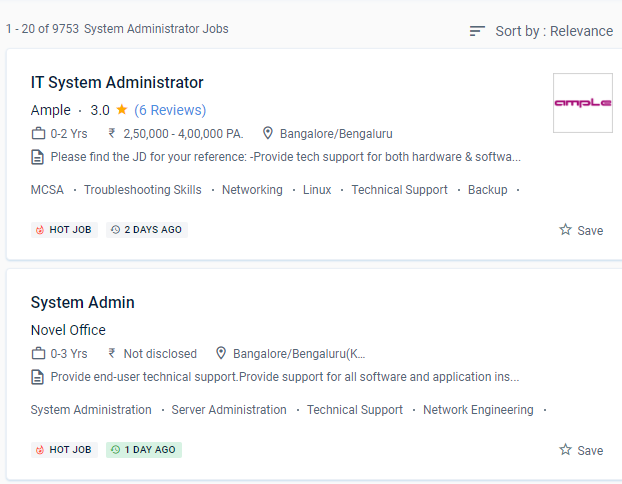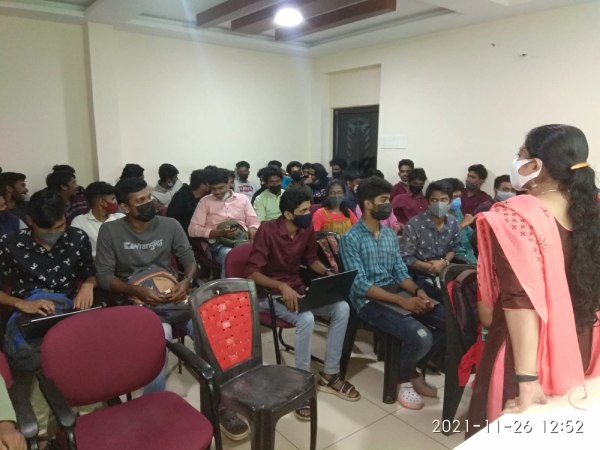System Administration Training by Experts
Our Training Process

System Administration - Syllabus, Fees & Duration
MODULE 1
- System administration introduction, policies, overview, UNIX history and basis
MODULE 2
- File systems and disks
MODULE 3
- Software installation concepts
MODULE 4
- Multi users basics, politics, policies and ethics
MODULE 5
- Automating administrative tasks
MODULE 6
- Networking
MODULE 7
- Backup and disaster recovery
MODULE 8
- DNS
MODULE 9
- SMTP, HTTP
MODULE 10
- Configuration management
MODULE 11
- Distributed computing
MODULE 12
- SNMP, monitoring
MODULE 13
- System security
This syllabus is not final and can be customized as per needs/updates





 We'll take a deep dive into the cloud, covering everything from common cloud infrastructure setups to cloud resource management. Network architects have frequently experienced administrators who build data transmission systems from the ground up. Systems administration is the division of information technology that is in charge of keeping multi-user computer schemes up and running.
They install computers, laptops, intranets, servers, cybersecurity software, and other technology.
.
To digitally connect clusters of computers, they create local area networks (LANs) and wide-area networks (WANs). This course will teach you about the infrastructure services that keep all businesses, big and small, running smoothly. Circuit boards and CPUs are assembled by computer hardware engineers to produce functional mobile or desktop devices.
They are in charge of producing IT policy recommendations for their organization. You now understand what system administration entails, as well as the functions that system administrators execute and the talents that system administrators possess.
We'll take a deep dive into the cloud, covering everything from common cloud infrastructure setups to cloud resource management. Network architects have frequently experienced administrators who build data transmission systems from the ground up. Systems administration is the division of information technology that is in charge of keeping multi-user computer schemes up and running.
They install computers, laptops, intranets, servers, cybersecurity software, and other technology.
.
To digitally connect clusters of computers, they create local area networks (LANs) and wide-area networks (WANs). This course will teach you about the infrastructure services that keep all businesses, big and small, running smoothly. Circuit boards and CPUs are assembled by computer hardware engineers to produce functional mobile or desktop devices.
They are in charge of producing IT policy recommendations for their organization. You now understand what system administration entails, as well as the functions that system administrators execute and the talents that system administrators possess.



















































































